Thinking about starting a business in Lac La Biche or another small Alberta community? You’re in the right place. Every successful local business — from the coffee shop downtown to the home-based graphic designer — started with one simple thing: an idea.
This guide walks you through how to turn that idea into something real and ready to launch right here, in your own backyard.
Step 1: Start With What You Know and Love
Most great small-town businesses start close to home — literally. Think about:
- What problems do you notice in your community?
- What skills or passions could solve them?
- What do people already ask you for help with?
Example: Maybe you love baking and everyone raves about your cinnamon buns. In a small town, that could be more than a compliment — it could be your first clue that there’s demand.
Pro Tip: Jot down five problems you see in your community and five things you enjoy doing. Where they overlap is your potential business idea.
Step 2: Define the Problem You’re Solving
Every strong business — even in a rural community — solves a real problem.
Ask yourself:
- Who benefits from what I’m offering?
- What pain or inconvenience am I removing for them?
- What makes my solution unique or local?
You’re not just selling a product or service — you’re helping someone save time, feel better, or get something they can’t find nearby.
Example: A local handyman might not just “fix things” — he helps seniors stay in their homes longer, or new families settle in without stress.
Step 3: Test It Locally
Before you spend big,validate your idea right here in the community.
Try:
- Talking to people: Ask locals what they think of your idea.
- Running a mini test: Offer your product at a market, fair, or online page.
- Asking for feedback: What would they change? Would they pay for it?
Example: Before opening a permanent bakery, you might test by selling at the Farmers Market for a few weekends.
Pro Tip: Local feedback is gold. Your small-town audience will tell you what they love — and what they don’t — faster than any focus group.
Step 4: Check the Financial Fit
Your idea needs to make sense for you — not just in theory.
Ask yourself:
- What will it cost to start?
- How much can I realistically earn per month?
- Can I handle slow months or seasonal dips?
Use the Startup Budget Planner and Business Plan Template (Local Edition) from our Tools section to estimate your costs and test your break-even point.
Example: If you plan to sell $5 coffees, how many would you need to sell daily to cover your rent, supplies, and your own pay?
Step 5: Make It Local
Local businesses thrive when they reflect the community’s values.
Think about how you can:
- Source locally (e.g., work with nearby producers or suppliers)
- Give back locally (sponsor youth teams, events, or causes)
- Collaborate locally (team up with other small businesses)
When people see your business as part of the community, not just in it, they’ll support you long-term.
Step 6: Get Support Before You Register
You don’t have to figure it all out alone.
Community Futures Lac La Biche offers free startup advice, funding options, and training programs that walk you through business planning step-by-step.
Before you register your business, talk to a CF advisor — it could save you time, money, and a few headaches later.



